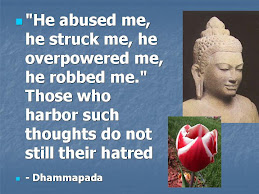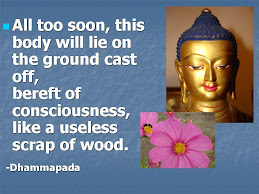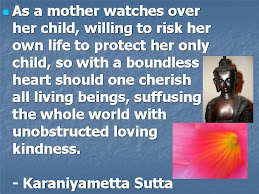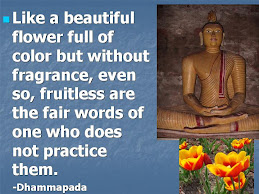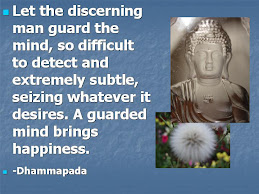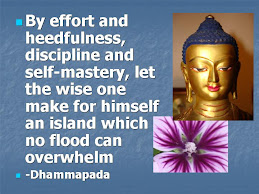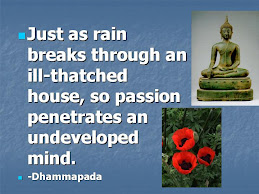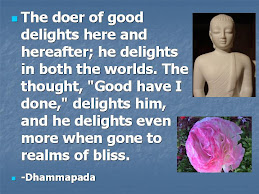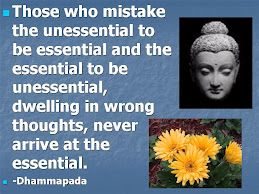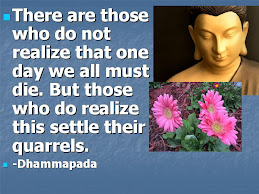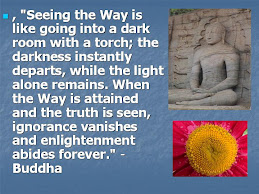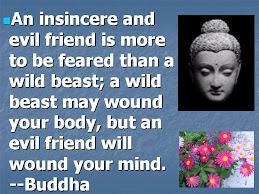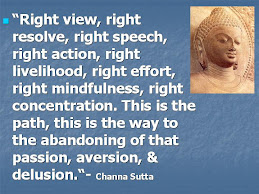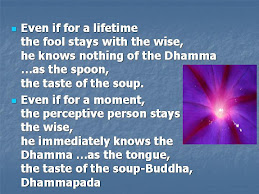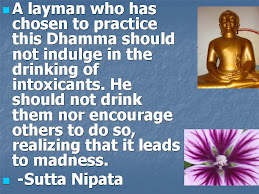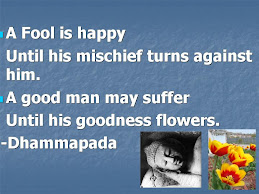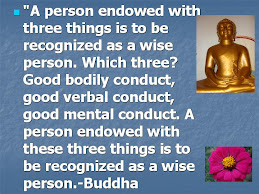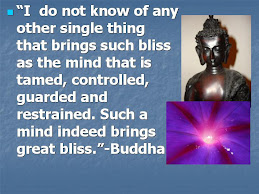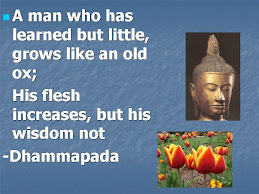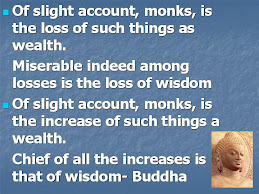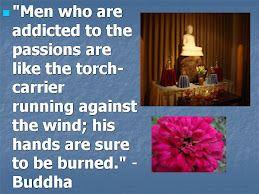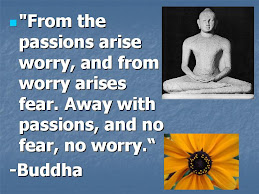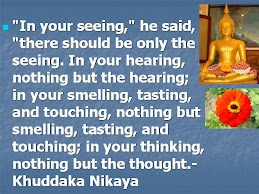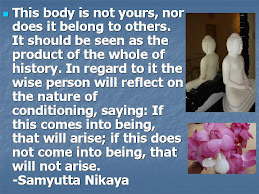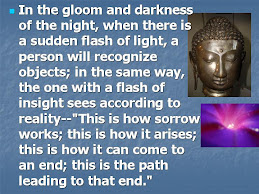
Imagine you are trying to get to the ocean using a boat along a stream or river. This is a very rough river with rapids, currents and large rocks and this is the only chance for your "survival". You also need to load the boat with just the right amount of food and water for your use during this journey. If you try to load too much food and water, the weight of the boat will be heavy and it may be too difficult for you to maneuver the raft in the water. If by chance you become too greedy and load the boat with too much food and water, you might even sink. After launching the boat: in the initial part of the journey you will have to overcome at least five large waves. After you negotiate this part of the journey you then have to gently row your boat across the rapids. Sometimes when the waves are too high you just can't do anything other than ride the waves. If you try too hard the boat will capsize. If you are too slow you may not be able to go across strong currents. You just have to find the right amount of effort with much practice. From time to time if you are not mindful your boat will drift to the banks and may get entangled in weeds and branches on either side of the river. Sometimes it is necessary to push the boat back into the main stream, away from these obstacles. The only good thing in this journey to the sea is once you launch the boat and get through the initial rough waters of the river, the chances are that you are eventually going to end up in the sea. If by chance your boat gets tangled in the river banks, then you are assured to get to the sea in the next seven tries.
In this simile the stream or the river is the Samsara and the ocean is the ultimate freedom from suffering, Nirvana. The meaning of survival is the "deathless state" of Nirvana. The river with rapids, currents, and large rocks are the greed, hatred and delusion. The boat is the The Noble Eightfold Path . The food and water is the knowledge of Dhamma. Too much of it and mainly it's wrong grasping may be harmful or some times may become a hindrance to your journey. This may lead to what is called "Dhamma Vittaka," the constant pondering, of Dhamma.The maneuvering of the boat through the rough waters is gaining wisdom thorough this path. It is important here to emphasize the careful balance between knowledge of Dhamma and its practical application to gain wisdom, through the practice of meditation. It is said that trying to gain too much knowledge of Dhamma without much practice may be a hindrance to the progress of this path. However it is ironic that slow and steady practice of this path of Dhamma with mindfulness, may lead to your destination faster than rushing through this path and trying to find short cuts. The initial five waves in this simile are the five hindrances.* The obstacles such as weeds and trees along the bank are unforeseen desires or taints in our mind. In this simile the one who has actually entered the main part of the stream or the river after overcoming the initial obstacles is called the "stream winner" or the one who has entered the first stage of enlightenment.
*The Five Hindrances:
1. sensual desire (kamacchanda),
2. Ill-will (byapada),
3. Sloth and torpor (thina-middha),
4. Restlessness and remorse (uddhacca-kukkucca),
5. Sceptical doubt (vicikiccha).
2. Ill-will (byapada),
3. Sloth and torpor (thina-middha),
4. Restlessness and remorse (uddhacca-kukkucca),
5. Sceptical doubt (vicikiccha).
Suggested Reading:
The Five Mental Hindrances and Their Conquest -Selected Texts from the Pali Canon and the Commentaries -Compiled and translated by Nyanaponika Thera
The Five Mental Hindrances and Their Conquest -Selected Texts from the Pali Canon and the Commentaries -Compiled and translated by Nyanaponika Thera
Related Posts:





































